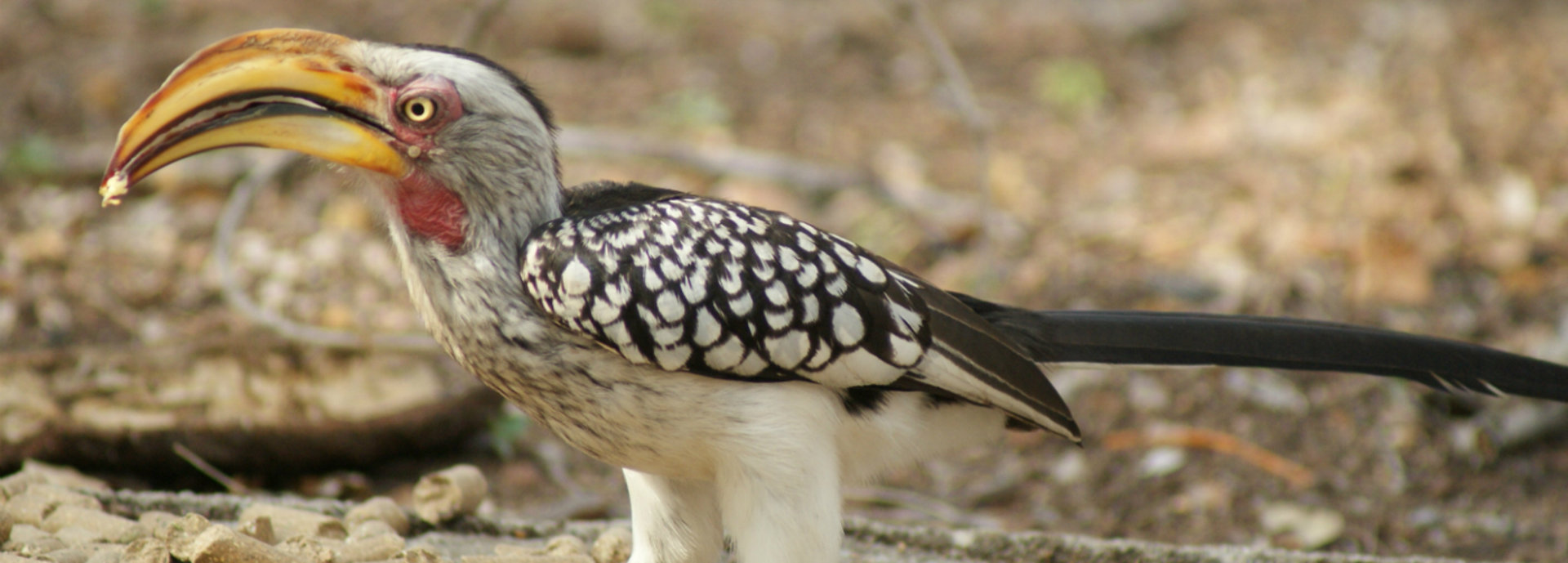Bird populations in central Africa will continue to decline – with major consequences for biodiversity – unless the threat of unsustainable hunting is reduced, University of Stirling experts have warned.

Robin Whytock, of the Faculty of Natural Sciences, led the research.
Robin Whytock, a PhD researcher in the Faculty of Natural Sciences, led a study into a growing hunting crisis currently plaguing rainforests in the Littoral region of Cameroon.
Published in journal Biological Conservation, the research found that more large forest birds – such as raptors and hornbills – are being killed for food than previously thought.
Mr Whytock’s team surveyed 19 villages that border the proposed Ebo National Park, in western Cameroon, using direct and indirect questioning and statistical models to quantify the socioeconomic predictors, scale and seasonality of illegal bird hunting and consumption in the area.
'Understanding why people eat birds and quantifying how many are killed is just the first step in understanding how bushmeat hunting can affect birds like hornbills and eagles,' said Mr Whytock.
'I think birds such as crowned eagles are particularly threatened by hunting in Cameroon, both because of direct persecution and because their prey base has been depleted by hunting. These and other similar large-bodied birds that reproduce slowly are therefore a conservation priority.'
The scientists also observed links between education levels and the time they spent hunting and the amount of wildlife they consume.
The team originally thought that younger, unemployed men at lower education levels would consume more wild birds than other hunters. While the study did conclude that birds were primarily hunted and consumed by unemployed men during the dry season, the data unexpectedly revealed that bird hunting was more common among better-educated hunters.
This finding may alter the way in which future conservation programmes are designed, in reaching out to urban populations as well as rural communities. Conservationists could also focus on better informing those at higher education levels about the importance of specific bird species to their ecosystem.
Researchers said closer examination of other regions in Central Africa will be necessary to fully understand the totality of the growing bushmeat hunting crisis.
The two-year study also involved the University of Dschang, Cameroon; Drexel University, Philadelphia; Wageningen University and Research Centre, Netherlands; The Peregrine Fund in the United States, the Royal Society for the Protection of Birds, and San Diego Zoo Global.
Background information
Media enquiries to Greg Christison, Communications Officer, on 01786 466 687 or greg.christison@stir.ac.uk

